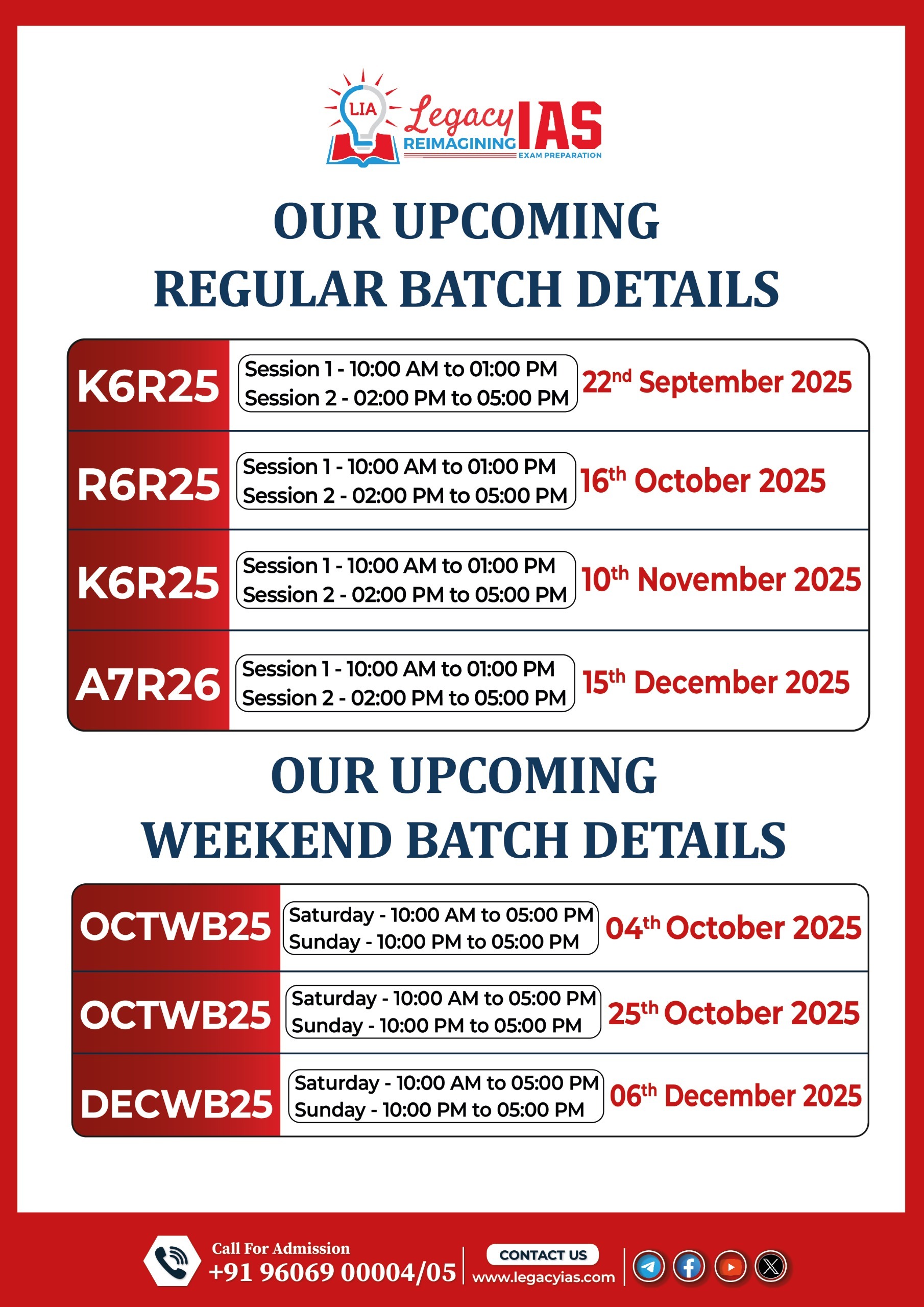Why in news?
- Last week of February 2020, ethnic violence left three dead in Meghalaya.
- A Khasi tribal was killed in a clash in a village near the Bangladesh border, followed by a stabbing spree by masked attackers in Shillong and attacks elsewhere, leading to the death of two non-tribal men, both Muslims.
- The violence underlined the ethnic complexities of Meghalaya, with tensions coming back to the fore following the passage of the Citizenship Amendment Act (CAA).
Multi-ethnic Meghalaya
- Meghalaya became a state in 1972, when it was carved out of Assam.
- Before that, Shillong, now Meghalaya’s capital, used to be the capital of Assam. Sharing a 443-km border with Bangladesh, Meghalaya has seen decades of migration from areas that are now in Bangladesh, as well as from various Indian states via Assam.
- Besides the indigenous groups, Meghalaya’s residents include Bengalis, Nepalis, Marwaris, Biharis and members of various other communities.
Meghalaya is a tribal majority state, and the indigenous Khasis, Jaintias and Garos are entitled to 80% reservation in government jobs. Groups such as the Khasi Students’ Union (KSU), established in 1978, have continuously expressed concerns that illegal migration from Bangladesh and growth of “outsiders” from other states would overwhelm the indigenous communities.
Khasi Tribe
- The Khasi people, are an indigenous ethnic group of Meghalaya in north-eastern India, with a significant population in the bordering state of Assam, and in certain parts of Bangladesh.
- Their language, Khasi, is categorised as the northernmost Austroasiatic language. Primarily an oral language, they had no script of their own, they used the Bengali script until the arrival of the Welsh missionaries.
- Khasi are an ancient tribe said to be the “largest surviving matrilineal culture[s]” in the world. {Matrilineal society, also called matriliny, is a group adhering to a kinship system in which ancestral descent is traced through maternal instead of paternal lines.}
Jaintia Tribe
- The Pnar, also known as Jaiñtia, are a sub-tribal group of the Khasi Tribe in Meghalaya, India.
- The Pnar people are also matrilineal.
- They speak the Pnar Language which belongs to the Austro-Asiatic language family and is very similar to the Khasi Language.
- The Pnar people are natives of West Jaintia Hills and East Jaintia Hills District of Meghalaya, India.
Garo Tribe
- The Garos are an indigenous Tibeto-Burman ethnic group from the Indian subcontinent
- They are Notably found in the Indian states of Meghalaya, Assam, Tripura, Nagaland, and neighboring areas of Bangladesh
- They are the second-largest tribe in Meghalaya after the Khasi and comprise about a third of the local population.
- The Garos are one of the few remaining matrilineal societies in the world.
The CAA context
The CAA, passed by Parliament in December, relaxes the norms for Hindus from Bangladesh (among six religious groups from three countries) for eligibility to apply for Indian citizenship. Long before that, the legislation was already facing protests in the Northeast, including Meghalaya. Eventually, the Centre decided the CAA will not apply in Sixth Schedule areas. The Sixth Schedule of the Constitution has special provisions for administration of certain areas in the Northeast, including almost the whole of Meghalaya.
Despite the large exemption, the concerns have persisted in Meghalaya, and demands for an Inner Line Permit (ILP) regime have gathered fresh momentum. If the ILP system is introduced, every Indian citizen from any other state would require a time-bound permit to visit Meghalaya.
The violence last week has an immediate context in the anti-CAA campaign and ILP demand. On February Last week 2020, a KSU team went to Ichamati village, near the Bangladesh border, to hold a meeting on these two issues. It was during this campaign that a clash took place between student activists and non-tribal villagers, leading to a Khasi man being killed.
This sparked violence in other parts of the state, with non-tribal persons targeted. In Shillong, at least 10 persons were stabbed by masked persons, leading to the death of a Muslim from Assam. Another Muslim (married to a Khasi woman) was killed in a village called Pyrken.



